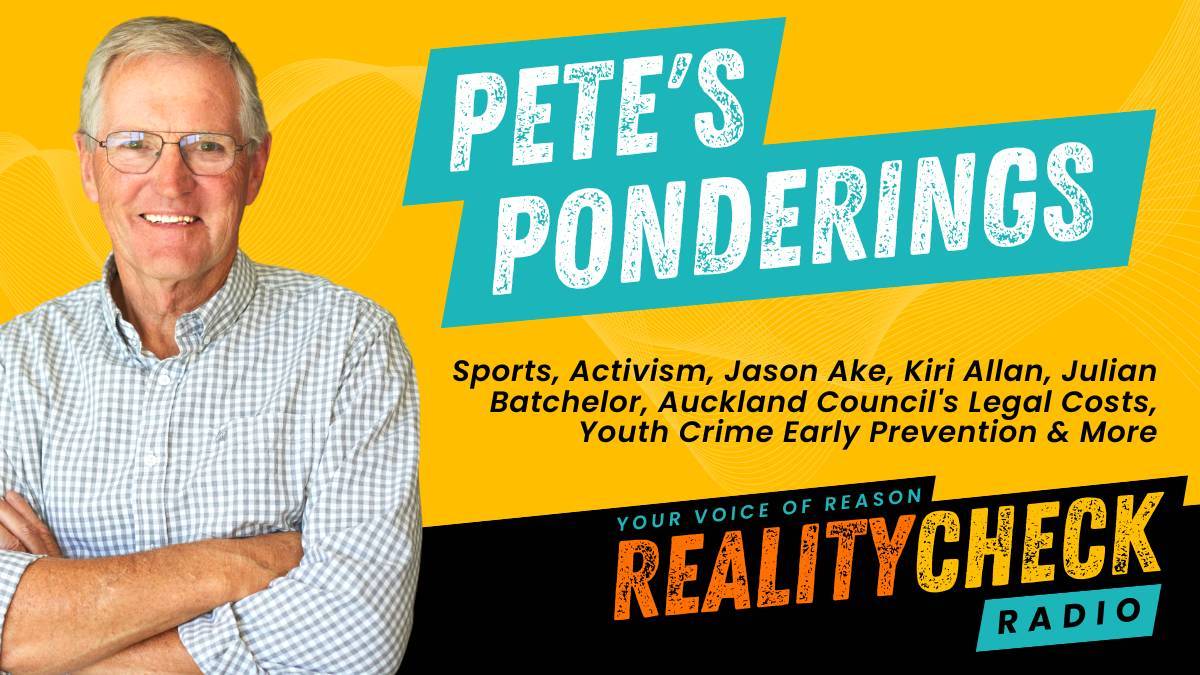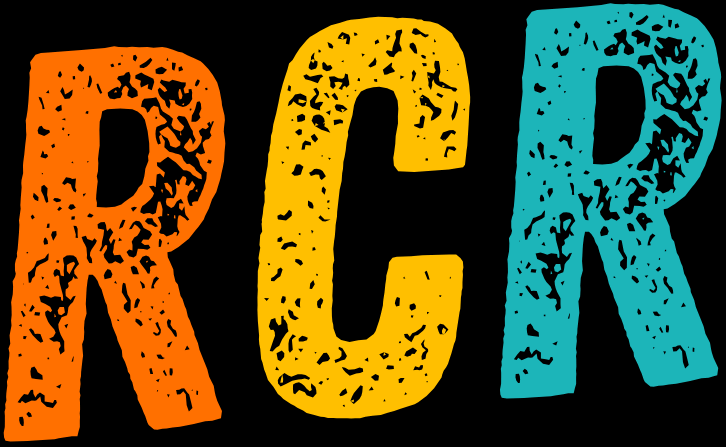
Sports, Activism, Jason Ake, Kiri Allan, Julian Bachelor, Auckland Council’s Legal Costs, Youth Crime Early Prevention & More – 26 Jul 2023
You can't have it both ways: If you want to indulge in activism, expect questions about it
Much is made of how the FIFA Women’s World Cup has opened up frontiers for women in sport. Read any feature story on the champion US team and their captain Megan Rapinoe and you quickly find that she and her team have regularly been activists for a cause.
Whether it be equal pay, indigenous rights and especially LGBTQ+ rights, the American team has never been afraid to speak their minds.
For this tournament FIFA changed its rules so all team captains can wear one of 8 specified armbands during play. They’re for various causes like indigenous rights, gender equality and an amended version of the One Love armband in support of the rainbow community.
I’d rather players concentrate on the sport and not on activism but from what I’ve seen the activism has been pretty low key so far in this first week.
Therefore I was staggered at the pushback to a question at a press conference on Sunday when a BBC reporter asked the Moroccan captain if there were any gay players in her team.
Being a Muslim country, gay relationships are banned in Morocco and are punishable by up to three years jail. But this BBC reporter has been described as “rogue” and his question as “shocking” from other journalists who were there.
The FIFA media man shut down the question before the Moroccan captain could answer. Reports said Moroccan players could be “endangered” by the question and any possible answer.
These World Cup players can’t have it both ways. Either we keep politics and activism for various causes out of the tournament, or we have it as part of the event, in which case you have to expect questions about it.
The BBC reporter was just doing a job. It’s what reporters do. They ask questions. The Moroccan captain could very easily have said no, and that would have been the end of the story.
The pushback from other reporters present showed they are more PR people than proper journalists, and they don’t understand the western concepts of a free press and freedom of expression.
FIFA’s reaction was entirely predictable but I applaud the BBC reporter for trying.
Women’s football, like a number of women’s sports, has many gay players. For most players and supporters it’s not an issue. It’s life.
But when players at a World Cup make a point of pushing rainbow rights through the captains’ armbands then it’s a very legitimate question to ask the Moroccan captain.
Share This

Sports, Activism, Jason Ake, Kiri Allan, Julian Bachelor, Auckland Council’s Legal Costs, Youth Crime Early Prevention & More – 26 Jul 2023
You can't have it both ways: If you want to indulge in activism, expect questions about it
Much is made of how the FIFA Women’s World Cup has opened up frontiers for women in sport. Read any feature story on the champion US team and their captain Megan Rapinoe and you quickly find that she and her team have regularly been activists for a cause.
Whether it be equal pay, indigenous rights and especially LGBTQ+ rights, the American team has never been afraid to speak their minds.
For this tournament FIFA changed its rules so all team captains can wear one of 8 specified armbands during play. They’re for various causes like indigenous rights, gender equality and an amended version of the One Love armband in support of the rainbow community.
I’d rather players concentrate on the sport and not on activism but from what I’ve seen the activism has been pretty low key so far in this first week.
Therefore I was staggered at the pushback to a question at a press conference on Sunday when a BBC reporter asked the Moroccan captain if there were any gay players in her team.
Being a Muslim country, gay relationships are banned in Morocco and are punishable by up to three years jail. But this BBC reporter has been described as “rogue” and his question as “shocking” from other journalists who were there.
The FIFA media man shut down the question before the Moroccan captain could answer. Reports said Moroccan players could be “endangered” by the question and any possible answer.
These World Cup players can’t have it both ways. Either we keep politics and activism for various causes out of the tournament, or we have it as part of the event, in which case you have to expect questions about it.
The BBC reporter was just doing a job. It’s what reporters do. They ask questions. The Moroccan captain could very easily have said no, and that would have been the end of the story.
The pushback from other reporters present showed they are more PR people than proper journalists, and they don’t understand the western concepts of a free press and freedom of expression.
FIFA’s reaction was entirely predictable but I applaud the BBC reporter for trying.
Women’s football, like a number of women’s sports, has many gay players. For most players and supporters it’s not an issue. It’s life.
But when players at a World Cup make a point of pushing rainbow rights through the captains’ armbands then it’s a very legitimate question to ask the Moroccan captain.

